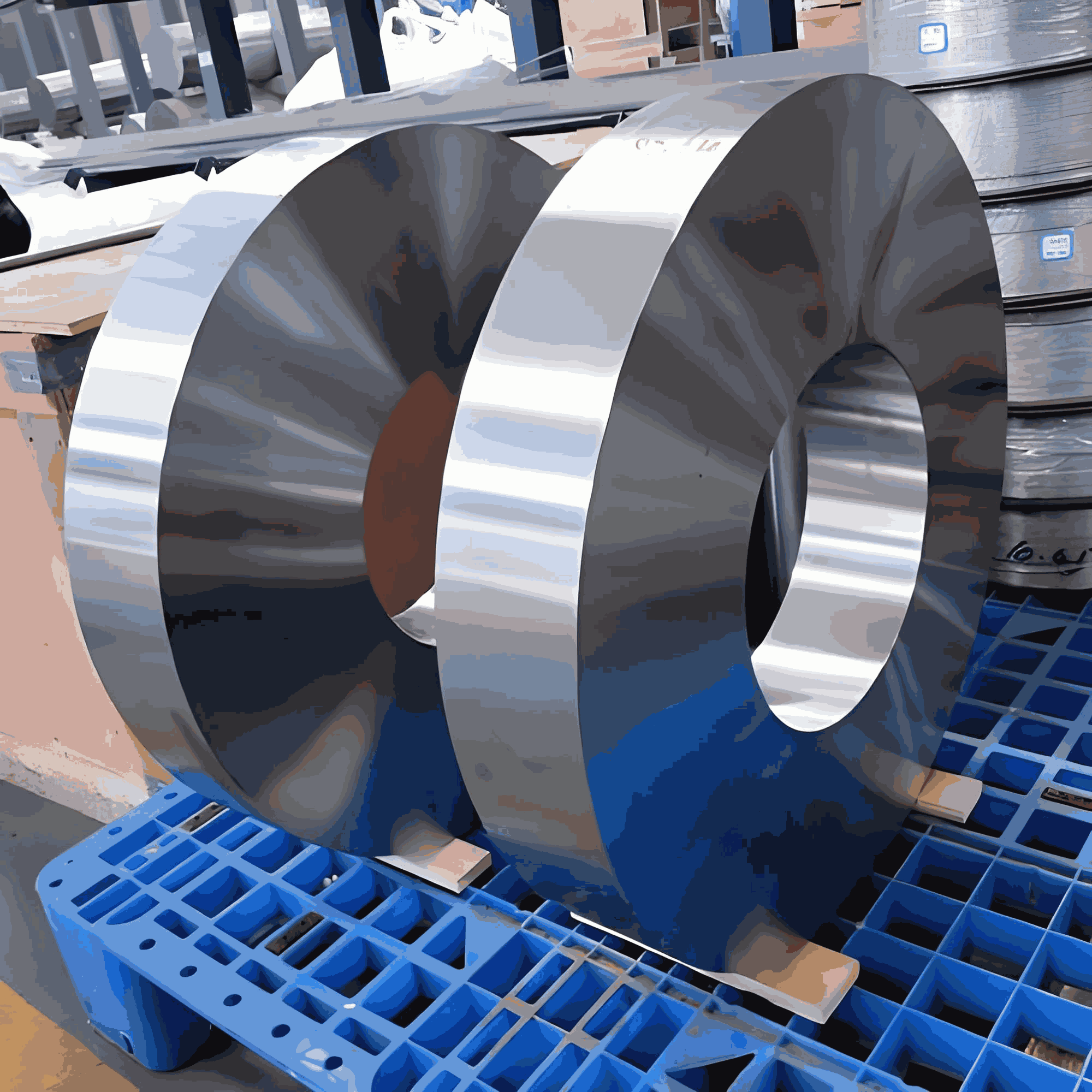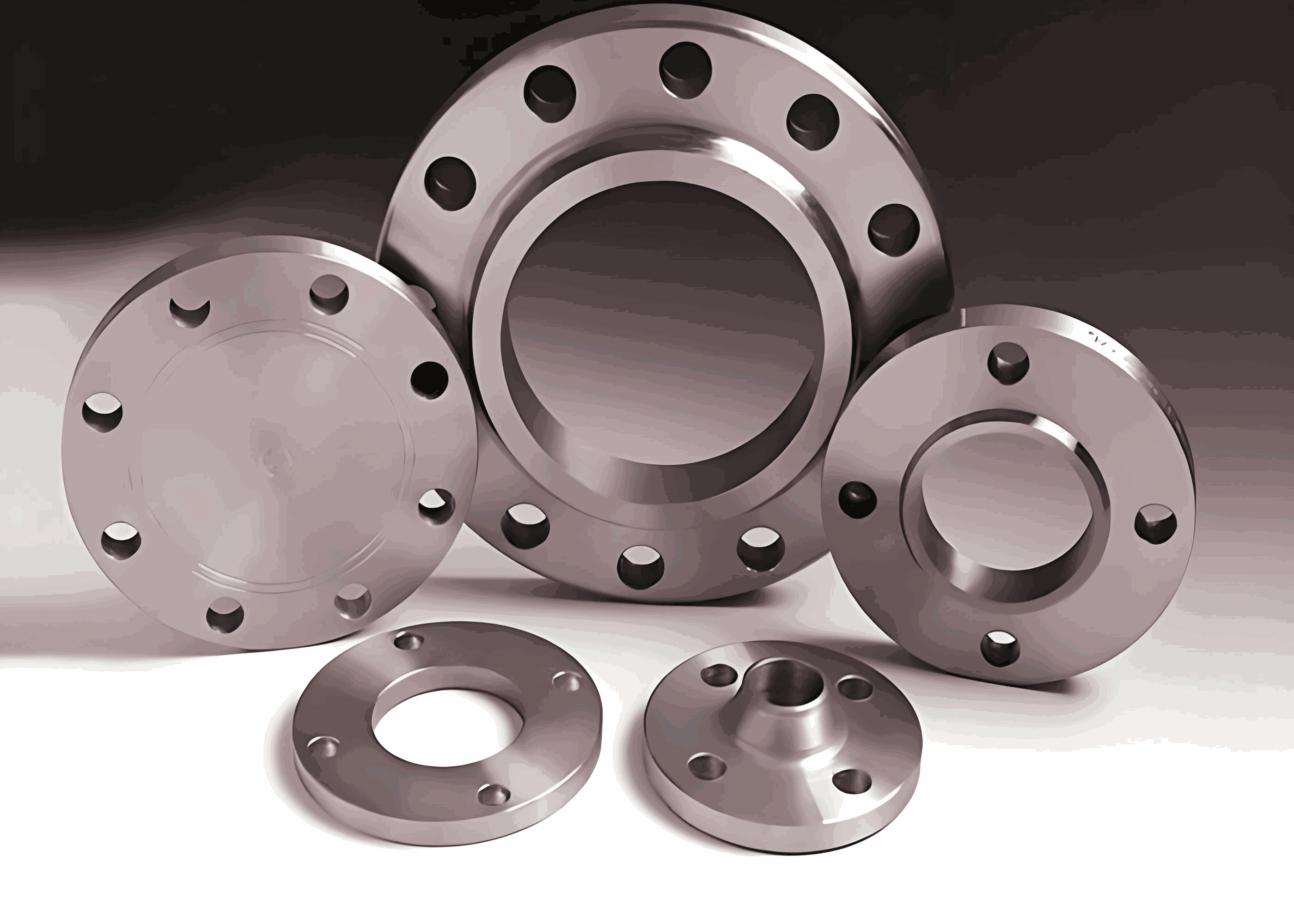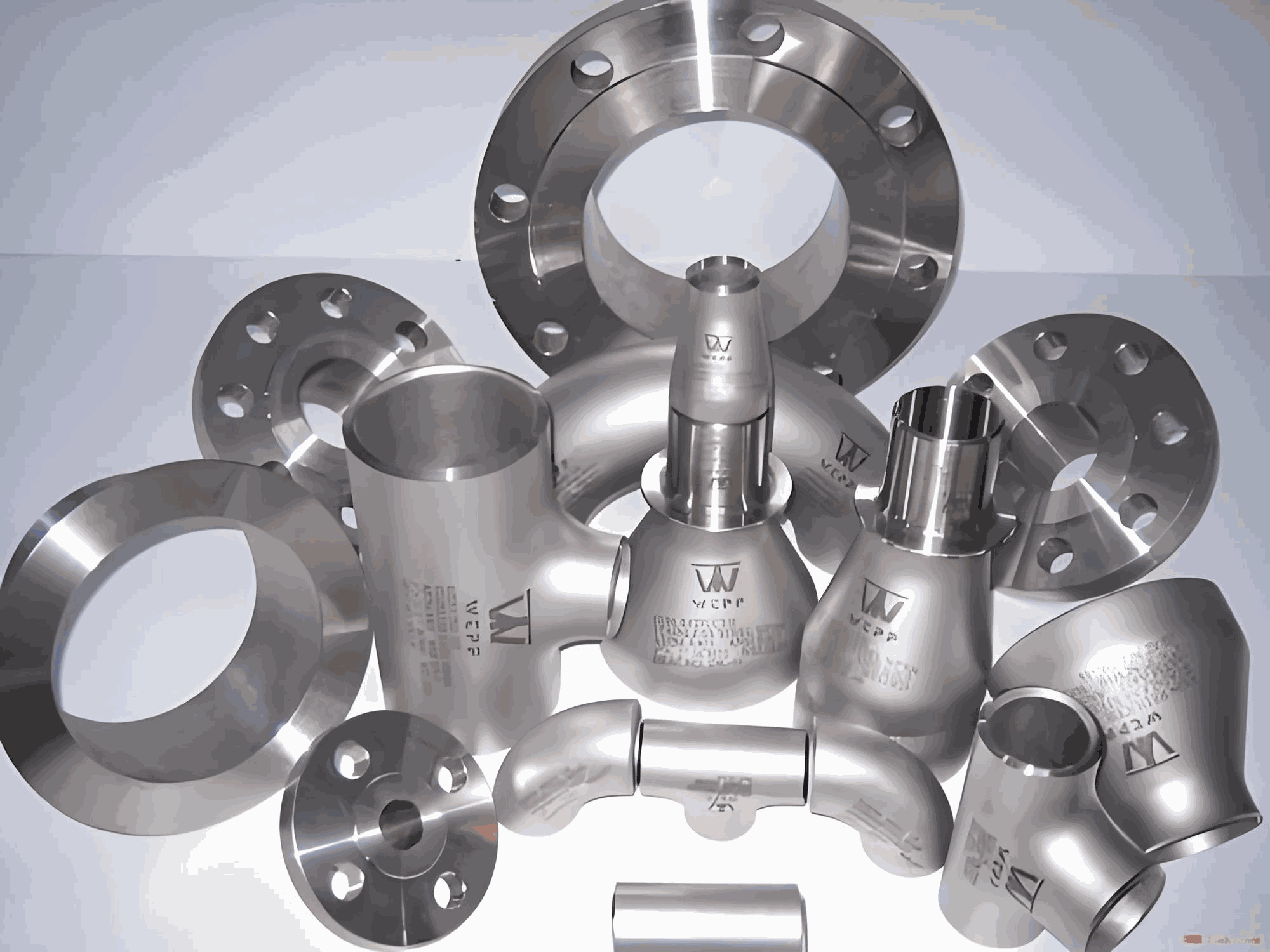Views: 266 Author: Lasting Titanium Publish Time: 2024-09-27 Origin: Site











Content Menu
● Understanding Titanium and Its Properties
>> The Unique Characteristics of Titanium
● The Forging Process Explained
>> Hot Forging vs. Cold Forging
● Advantages of Titanium Forging
>> Enhanced Mechanical Properties
● Applications of Titanium Forging
● The Future of Titanium Forging
>> Innovations in Forging Technology
>> Sustainability Considerations
Titanium forging has emerged as a pivotal process in the manufacturing industry, particularly due to its unique properties and the advantages it offers over other materials. This article delves into the intricacies of titanium forging, exploring its benefits, applications, and the reasons behind its growing popularity in various sectors.
Titanium is a transition metal known for its high strength-to-weight ratio, corrosion resistance, and ability to withstand extreme temperatures. These properties make titanium an ideal choice for applications in aerospace, medical devices, and automotive industries. The metal is lightweight yet incredibly strong, making it suitable for components that require durability without adding excessive weight.
One of the most remarkable characteristics of titanium is its resistance to corrosion. Unlike many metals, titanium does not rust or corrode easily, even in harsh environments. This property is particularly beneficial in industries such as marine and chemical processing, where exposure to corrosive substances is common. Additionally, titanium has a high melting point, which allows it to maintain its strength and integrity at elevated temperatures.
Another significant feature of titanium is its biocompatibility. This quality makes titanium an excellent choice for medical implants and devices, as it is less likely to cause adverse reactions in the human body. The combination of strength, lightweight, and biocompatibility positions titanium as a preferred material in various high-performance applications.
Forging is a manufacturing process that involves shaping metal using localized compressive forces. This process can be performed hot or cold, depending on the material and desired properties. Titanium forging typically occurs at elevated temperatures, which enhances the metal's ductility and allows for more complex shapes to be formed.
Hot forging involves heating the titanium to a temperature above its recrystallization point, making it easier to shape. This method results in a refined grain structure, which enhances the mechanical properties of the forged component. Cold forging, on the other hand, is performed at room temperature and is generally used for simpler shapes. While cold forging can improve surface finish and dimensional accuracy, it may not achieve the same level of strength as hot forging.
The choice between hot and cold forging depends on the specific requirements of the application, including the desired mechanical properties, tolerances, and production volume.
The advantages of titanium forging are numerous, making it a preferred choice in various industries. Understanding these benefits can help manufacturers make informed decisions about material selection and processing methods.
One of the primary advantages of titanium forging is the enhancement of mechanical properties. The forging process aligns the metal's grain structure, resulting in improved strength and toughness. Forged titanium components exhibit superior fatigue resistance, making them ideal for applications subjected to cyclic loading.
In industries where weight is a critical factor, such as aerospace and automotive, titanium forging offers significant weight reduction without compromising strength. The lightweight nature of titanium allows for the design of more efficient structures, leading to improved fuel efficiency and performance.
As previously mentioned, titanium's exceptional corrosion resistance is a significant advantage in many applications. Forged titanium components can withstand harsh environments, reducing the need for protective coatings and maintenance. This property is particularly valuable in industries such as oil and gas, where equipment is often exposed to corrosive substances.
Titanium forging allows for greater design flexibility compared to other manufacturing processes. The ability to create complex shapes and geometries enables engineers to optimize designs for performance and functionality. This flexibility is crucial in industries where innovation and customization are essential.
While titanium is often perceived as an expensive material, the long-term cost-effectiveness of titanium forging should not be overlooked. The durability and longevity of forged titanium components can lead to reduced maintenance and replacement costs over time. Additionally, the efficiency of the forging process can result in lower production costs for high-volume applications.
Titanium forging is utilized across various industries, each benefiting from the unique properties of titanium. Understanding these applications can provide insight into the versatility and importance of titanium forging in modern manufacturing.
The aerospace industry is one of the largest consumers of titanium forged components. Aircraft manufacturers use titanium for critical components such as landing gear, engine parts, and structural elements. The lightweight and high-strength characteristics of titanium contribute to improved fuel efficiency and overall performance in aircraft.
In the medical field, titanium forging is used to create implants, surgical instruments, and prosthetics. The biocompatibility of titanium makes it an ideal choice for medical applications, ensuring that devices can be safely used within the human body. Forged titanium components are often preferred for their strength and reliability.
The automotive industry is increasingly adopting titanium forging for high-performance components. Parts such as connecting rods, valves, and exhaust systems benefit from the lightweight and durable nature of titanium. As manufacturers strive to improve fuel efficiency and reduce emissions, titanium forging offers a viable solution.

In the oil and gas sector, titanium forged components are used in various applications, including valves, pumps, and piping systems. The corrosion resistance of titanium is particularly advantageous in environments where exposure to harsh chemicals and extreme conditions is common.

As technology advances and industries continue to evolve, the future of titanium forging looks promising. Ongoing research and development efforts aim to enhance the forging process, improve material properties, and expand the range of applications for titanium.
Innovations in forging technology, such as the use of advanced computer modeling and simulation, are helping manufacturers optimize the forging process. These advancements can lead to improved efficiency, reduced waste, and enhanced product quality. Additionally, the integration of automation and robotics in forging operations is expected to streamline production and reduce labor costs.
Sustainability is becoming increasingly important in manufacturing, and titanium forging is no exception. Efforts to reduce the environmental impact of titanium production and forging processes are underway. This includes exploring recycling options for titanium scrap and developing more sustainable practices in the supply chain.
As industries continue to seek lightweight and high-strength materials, the demand for titanium forging is expected to grow. New applications in emerging fields, such as renewable energy and advanced manufacturing, may further drive the adoption of titanium forged components.

In conclusion, titanium forging offers a multitude of advantages that make it a valuable process in modern manufacturing. Its unique properties, including high strength, lightweight, and corrosion resistance, position titanium as a preferred material in various industries. As technology continues to advance and sustainability becomes a priority, the future of titanium forging looks bright, promising further innovations and applications that will shape the manufacturing landscape for years to come.
This technical deep-dive explores the critical factors in selecting titanium square bars for advanced machining. It analyzes the metallurgical differences between Alpha and Beta phases, the mechanical implications of forging versus rolling, and the rigorous requirements of AMS 4928 versus ASTM B348 standards. The article provides professional strategies for managing titanium's low thermal conductivity and modulus of elasticity, emphasizing the importance of alpha-case removal and high-pressure cooling. Targeted at industry insiders, it bridges the gap between material science and practical CNC production for aerospace and medical applications.
This technical analysis explores the application of titanium square bars (specifically Ti-6Al-4V) in the automotive sector. It details the material's metallurgical advantages, its role in improving NVH performance compared to steel, and its economic value in EV weight reduction. The article also provides professional insights into CNC machining, advanced joining methods like Electron Beam Welding, and the strategic importance of square bar geometries in modern vehicle engineering. (415 characters)
This technical guide explores the complexities of titanium square bar standards (ASTM B348, AMS 4928) and manufacturing processes. It delves into the chemistry of Alpha Case formation, the advantages of Grade 12 as a Pd-free alternative, and the necessity of PAUT/Immersion testing to solve corner "dead zones" in square profiles. Aimed at industry professionals, the article clarifies the differences between rolled and forged bars while emphasizing microstructural integrity, including primary alpha morphology and prior-beta grain refinement, for high-performance applications.
This technical analysis explores the metallurgical and mechanical advantages of using Titanium Square Bars (ASTM F136/F67) in medical device manufacturing. It highlights how square profiles improve CNC machining stability, reduce material waste, and enhance the fatigue life of implants through refined forging and superior microstructural homogeneity. By focusing on interstitial control and substrate purity, this guide illustrates why square bar stock is the strategic "Gold Standard" for high-precision orthopedic and spinal applications.
This article discusses the essential certifications for titanium pipe fittings, including ASTM and ASME standards, API certification, CE marking, NACE certification, ISO 9001, NADCAP accreditation, and material certification. It emphasizes the importance of these certifications in ensuring quality, safety, and compliance in various applications, particularly in aerospace, chemical processing, and marine industries.
This article explores the reasons aerospace OEMs rely on titanium fasteners, highlighting their unique properties such as strength-to-weight ratio, corrosion resistance, and high-temperature tolerance. It discusses applications in structural components, compatibility with composites, and the economic impact of titanium fasteners. The article also addresses challenges in manufacturing and supply chain management while looking ahead to innovations and sustainability in the titanium industry.
This article provides a comprehensive guide on identifying high-quality titanium fasteners from reliable suppliers. It covers key characteristics of quality fasteners, supplier evaluation criteria, and quality assurance practices essential for ensuring safety and performance in various applications. By following these guidelines, industry professionals can make informed decisions when sourcing titanium fasteners.
This article explores the top five applications where titanium fasteners are essential, including aerospace, marine engineering, chemical processing, automotive, and medical devices. It highlights the unique properties of titanium fasteners that make them suitable for harsh environments and discusses their benefits in various industries.
This article explores how titanium fasteners reduce maintenance costs in harsh environments. It highlights their unique properties, applications in various industries, and the economic advantages they offer. Despite higher initial costs, the long-term savings and reliability make titanium fasteners a preferred choice for demanding applications.
This article explores the investment value of titanium fasteners for long-term performance, highlighting their unique properties, applications, and cost considerations. It emphasizes the advantages of titanium fasteners, including corrosion resistance, durability, and weight savings, while addressing challenges such as initial cost, machining difficulties, and thread galling. The article concludes with practical insights and frequently asked questions to assist industry professionals in making informed decisions regarding titanium fasteners.
This article explores the environmental benefits of using titanium round bars in manufacturing, highlighting their unique properties, applications, and contributions to sustainability. It emphasizes reduced waste generation, energy efficiency, and recyclability, while addressing challenges such as initial cost and machining difficulties. The article concludes with practical insights into the role of titanium in promoting eco-friendly manufacturing practices.
This guide explores the investment potential of titanium square bars, highlighting their unique properties, applications, and cost considerations. It emphasizes the long-term value of titanium in various industries, including aerospace, medical, and marine, while addressing challenges in sourcing and machining. The article concludes with practical advice for selecting suppliers and understanding the benefits of investing in titanium square bars.
This article provides an in-depth overview of titanium square bar specifications, covering material grades, standards, dimensions, surface finishes, and applications. It highlights the importance of understanding these specifications before purchasing, ensuring informed decisions for various industrial applications.
This article explores the top five applications of titanium and titanium alloy square bars in modern engineering, highlighting their significance in aerospace, medical devices, automotive, marine, and chemical processing industries. The unique properties of titanium, such as high strength-to-weight ratio and corrosion resistance, make it an essential material for innovative engineering solutions.
This article explores the global demand for high-grade titanium wire, focusing on key industries, regional demand, technological innovations, and challenges. It highlights the importance of titanium wire in aerospace, medical, and chemical processing sectors, emphasizing the need for manufacturers to adapt to evolving market dynamics.
This article explores the superiority of titanium wire in chemical processing industries, highlighting its exceptional corrosion resistance, mechanical properties, cost-effectiveness, and environmental benefits. It discusses various applications and use cases, emphasizing the material's role in enhancing equipment longevity and reliability.
This article provides a comprehensive guide on selecting the right titanium wire for industrial applications. It covers essential factors such as application requirements, titanium grades, diameter considerations, and manufacturing processes. The article also highlights the various applications of titanium wire in industries like aerospace, medical, chemical processing, and marine. By understanding these aspects, industry professionals can make informed decisions when choosing titanium wire for their projects.
This article explores the key benefits of using titanium square bars in marine projects, highlighting their exceptional corrosion resistance, high strength-to-weight ratio, biocompatibility, and durability. The versatility of titanium square bars makes them suitable for various marine applications, contributing to long-term cost-effectiveness and environmental sustainability. Investing in titanium ensures superior performance and longevity in marine operations.
This article explores the pros and cons of titanium tubes versus nickel alloy tubes for industrial use. It highlights the unique properties, advantages, and disadvantages of each material, along with their applications in various industries. The choice between these materials depends on specific application requirements, including cost, strength, and corrosion resistance.
This article explores the advantages of titanium tubes in aerospace fuel lines, highlighting their high strength-to-weight ratio, corrosion resistance, and thermal stability. It discusses their applications in fuel systems, hydraulic systems, and engine components, while also considering the future of titanium in aerospace, including innovations in manufacturing and expanding applications.
